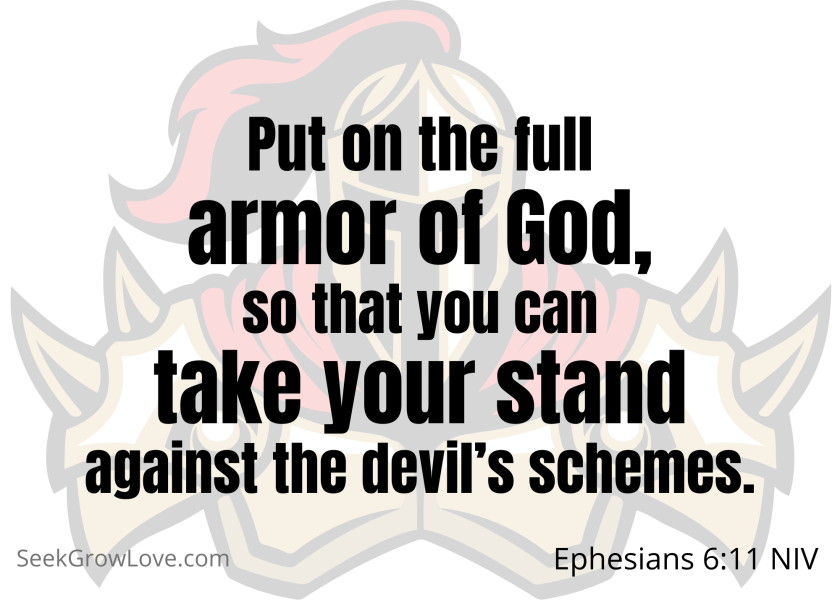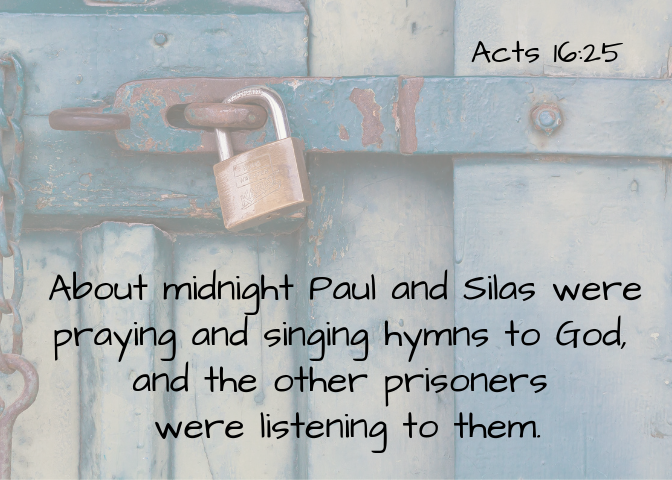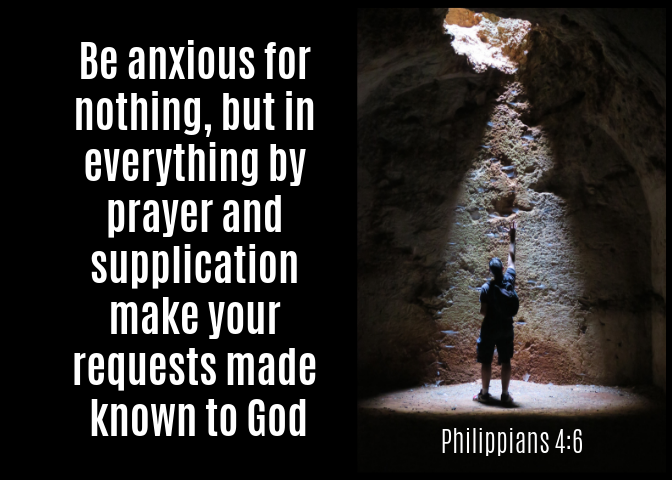
Old Testament: 2 Kings 15 & 16
Poetry: Psalm 134
New Testament: Ephesians 6
‘For our struggle is not against flesh and blood, but against the rulers, against the authorities, against the powers of this dark world and against the spiritual forces of evil in the heavenly realms.” – Ephesians 6:12
In 2002 the phrase “the struggle is real” was popularized by Tupac on his posthumous track, “Fame.” The phrase up to this point was commonly used to discuss poverty, gang violence, racism, as well as more serious topics – until it entered the realm of pop culture. Fast forward ten years, the phrase takes an ironic turn, being used to qualify simple human conflict that was far from struggle. Constant yawns at work because you stayed up too late? The struggle is real. Starting a new diet where you have to exchange your pasta for salad? The struggle is real. Have trouble opening a pickle jar? The struggle is real. While this was a quick quip to be funny, it diminishes the real struggles that are faced in the world, forgetting what serious things are being battled in this every single day.
Paul closes his letter, and I close my time as your SGL writer, by reminding us all that the struggle is indeed real. Churchy Christians often forget that the struggle isn’t the style of worship music played, that camp is in a different venue, how long the sermon is, the logo that goes on the shirts and the signs, or the color of the carpet. It is okay to care and have an opinion about these things, but if this is the conflict we have for Christ, this is an ironic, fake drama to distract us from our real issues. There are greater forces at work trying to destroy the Gospel message. They already have power. They already make gains. They already are in control. Open your eyes and ears, because the struggle is real!
“Stand firm then, with the belt of truth buckled around your waist, with the breastplate of righteousness in place, and with your feet fitted with the readiness that comes from the gospel of peace.In addition to all this, take up the shield of faith, with which you can extinguish all the flaming arrows of the evil one. Take the helmet of salvation and the sword of the Spirit, which is the word of God.” – Ephesians 6:13-17
How are we to combat these forces? We need to stop playing the simulation shooter inside the four walls of the church and ready ourselves for the call of duty (see what I did there). Your salvation is the target. This means you must stand your ground by readying yourself for battle as a soldier. Only then will you stand firm.
This starts with the tactical belt of truth, which girds up our lions to make us more physically available to fight. We can move against the forces of evil swifter because the truth of God is an innate understanding (Psa 19). Next, the bulletproof vest of righteousness that covers us along with the shield of faith. There will be shots fired at who we once were, but when we believe, we are covered by the blood of Christ (Phil 3:9-10). We also have the tactical boots of readiness. These go wherever God calls us. God makes us ready to move quickly to any terrain, literally or metaphorically, as a peacekeeping force, sharing hope and peace as Christ did (John 14:17). Finally, there is the helmet of salvation and the semi-automatic Word of God. Though there is a constant barrage of targeted messages aiming for a headshot, we need to remember that God so loved us (John 3:16). Additionally, we pull the trigger to directly take on evil. Jesus shows us that we can combat temptation by faith-driven speaking of scripture (Matt 4).
There are forces after you every single day. The struggle is so real. Don’t be a casualty because you are not ready to meet your foe. Garb yourself in the armor of God, knowing the battle belongs to the Lord.
“Thus says the Lord to you, ‘Do not be afraid and do not be dismayed at this great horde, for the battle is not yours but God’s. (Be Strong In The Lord!) Victory Belongs To The Lord.” 2 Chron. 20:15b
-Aaron Winner
Reflection Questions
- What ‘fake struggles’ do you spend too much time and effort fighting? What is the real battle that matters? Where do you see evidence of this real battle?
- What are the pieces of spiritual armor in Ephesians 6 and what is the purpose of each piece?
- Is there a piece that you think you use well? Which piece(s) do you need to work with some more to improve your battle against the evil forces?









